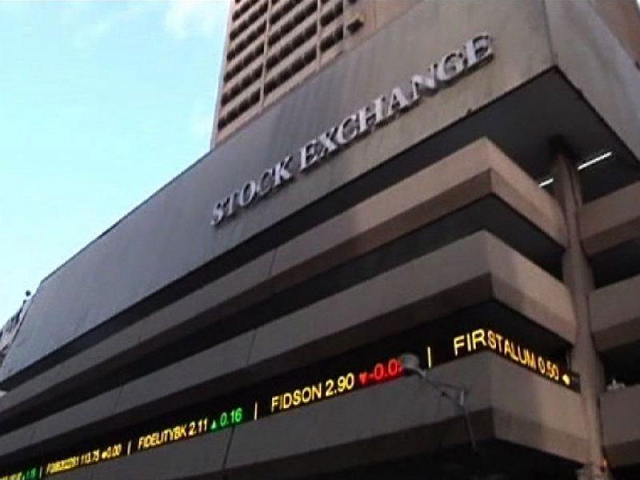Following the recapitalisation timeline announced last week by the National Insurance Commission (NAICOM), fears of hostile takeover has gripped some owners of insurance companies due to their low share prices on the Nigerian Stock Exchange (NSE).
Since the NSE introduced a new pricing methodology and par value rule on January 29, 2018, the share prices of insurance stocks have suffered significant value erosion.
While the entire market value of the insurance sector on the NSE has declined from N159.432 billion to N133.974 billion, many of the stocks are trading below their 50 kobo par value.
This development has exposed most of the companies to corporate raiders. And the situation, was made worse following the new recapitalisation policy by the NAICOM, which has raised the minimum capital base for composite insurance companies (life and non-life underwriters) that want to get licensees to underwrite all risks in the country from N5 billion to N15 billion.
Although the regulator said insurance companies operating with the old capital requirements would not be forced to recapitalise, but would be restricted to underwrite only certain business, market analysts said any firm that really wants to do well must not wait to be forced to recapitalise.
The low stock prices and new capital requirement were beginning to be a serious source of worry for shareholders of listed insurance companies.
“With these developments, the insurance companies are now highly exposed to corporate raiders, who need very little amount to acquire some of the companies from existing owners,” a stockbroker, whose firm focuses on the insurance sector told THISDAY at the weekend.
According to him, “NAICOM has said there would be no mandatory injection of fresh capital funds by insurers, no cancellation of licence of any operator is anticipated, but the truth of the matter is that any firm that want to be a real player in the industry and wants to be taken seriously must get the needed capitalisation.”
About 16 of the 26 insurance stocks on the NSE currently are trading below 50 kobo par value since the new pricing methodology was introduced in January.
Those trading below their par values are: African Alliance Insurance Plc; Consolidated Hallmark Insurance Plc; Cornerstone Insurance Plc; Sunu Assurance Plc; Guinea Insurance Plc; International Energy Insurance Plc; Standard Alliance Insurance Plc; LASACO Assurance Plc; and Mutual Benefits Assurance Plc.
Others are: Niger Insurance Plc; Regency Alliance Insurance Plc; Sovereign Trust Insurance Plc; UNIC Diversified Holdings Plc; Veritas Kapital Assurance Plc and WAPIC Insurance Plc.
Also, most of the stocks are trading between 60 per cent and 16 per cent lower than their 2018 opening prices.
Market analysts said although the lower prices offer new entry opportunities in some of stocks, investor apathy for insurance stocks are basically caused by two major factors.
“Investors’ low demand for insurance stocks stemmed mostly from their poor corporate performance, which often makes them to pay low dividends. Besides, low awareness about their operations equally discourages investors from the sector,” a stockbroker, Mr. Ayo Oguntayo, had said.
According to him, while some insurance companies have strong fundamentals and have put in place strategies to deliver improved returns to shareholders, most potential investors are not aware of such prospects.
When introducing the new pricing methodology, Head, Market Surveillance and Investigations Department, NSE, Mr. Abimbola Babalola, had said it was aimed at making the market more efficient.
The amendments to the pricing methodology rule led to the introduction of a new price group – “Group C.”
“It should be noted that the new Group ‘C’ consists of equity securities that are priced below N5.00 per share, for at least four of the last six months, or new security listings that are priced below N5.00 per share at the time of listing on the NSE. The minimum pricing increments and minimum quantity traded for equity securities will no longer be the one-size-fits-all of One Kobo (N0.01k) which has been used in the market for all equity securities,” he said.
According to the new rule, a trade of 10,000 units is required to move the price of equities trading at N100 or above (Group A) by 10kobo. A trade of at least 50,000 units is required to move the price of equities trading at N5 or above but lower than N100 (Group B) by five kobo, while a trade of at least 100,000 units shall be required to move the price of equities trading at N0.01k or higher but below N5 (Group C) by one kobo.













